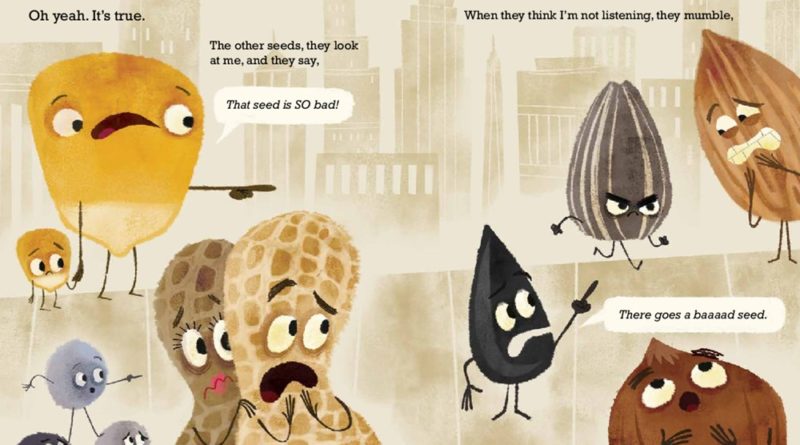The bad seed. Transversal elements in the FL classroom.
The bad seed. Fostering values in the FL class.
Source: https://www.youtube.com/watch?v=J13K-7_ue3o
Read aloud krowe4kids
As part of Road to your Post strategies to facilitate the candidates´ work, in what follows we shall briefly enumerate some transversal elements. In this regard, they are a “bunch” of paragraphs which deserve occasional reading, just to remember them and be aware that they should be somehow present in a practical example (i.e. an integrated didactic unit, or sequence of activities), since they can improve our learners’ integral development as individuals in a society. These elements are:
••Reading comprehension, oral and written expression, audiovisual communication, use of ICT, entrepreneurial attitude, civic education and Constitution awareness. These aspects shall be dealt with from the FL area by fostering the learners´ abilities to communicate in real-life contexts. Similarly, we need to introduce weighty values connected to our Constitution. Amongst them, we may highlight democratic citizenship, fundamental rights and duties like non-discrimination due to sex (gender equality), religion, place of birth, and the like. Besides, environmental care, cultural, artistic and historical heritage, responsible consumer education, public services, etc. Obviously, we shall instil these transversal elements considering the learners´ age and their integration in the FL tasks.
••Non-discrimination due to disability, fostering a climate of equality of opportunities amongst learners.
••Gender equality and promotion of effective equal rights for boys and girls in the FL class through tasks in which they exchange roles in daily matters related to jobs, sharing house work. There is a real need to introduce activities to prevent gender violence through positive group cooperation and positive dialogue.
••In addition, peace education will entail all those values referred to freedom and justice, peaceful conflicts solving through dialogue, democracy, respect for Human Rights and prevention of any kind of violence. The FL area can contribute to develop these values by fostering positive language use and norms of respect to solve potential situations of school violence.
••RD 126/14 is also concerned with the development of curricular elements related to sustainable development and the environment. Therefore, the FL area should comprise the promotion of positive attitudes towards the natural world and their immediate surroundings. As an example, we may mention issues such as water resources, trees and plants, wild life and endangered animals, atmosphere, healthy living, and clean towns. These aspects shall be integrated in the units´ contents so as to get learners to distinguish between appropriate and respectful behaviour and negative attitudes towards the environment.
In Primary Education, the development of entrepreneurial spirit should be seen in terms of creativity, personal initiative, team work habits and promotion of self-confidence and critic sense. In this light, the PBL model provides with plenty of situations in which learners are required to collaborate and take decisions, so as to come up with solutions or products derived from cooperative work and self-reflection. Some examples may be getting to agreements to take part in a game, interact in communicative situations recreating real life ones or devise a common product connected to the units´ main aim.
••Concerning health education, physical activity and a healthy diet are of utmost importance at this stage. Thus, this transversal topic will deal with healthy habits (when we wash ourselves, when and what we eat; healthy diet versus unbalanced diet, etc). In some cases, the values will be implicit in the topic content (i.e. an integrated unit devoted to food in which one of the tasks consists in elaborating a healthy menu for a restaurant); and in some others these values shall be worked in a “hidden way” (i.e. physical activity in action games or songs).
••Finally, we cannot neglect the treatment of road safety education, which is recognised in the Stage General Objectives. This field is related to those activities which tackle how to ask for directions, how to use maps, responsible pedestrian and cyclist behaviour, etc. In this regard, we should devise activities where students perceive the negative results of inadequate road attitudes and the potential risks which may directly affect them (i.e. riding a bicycle without wearing a helmet, etc).




